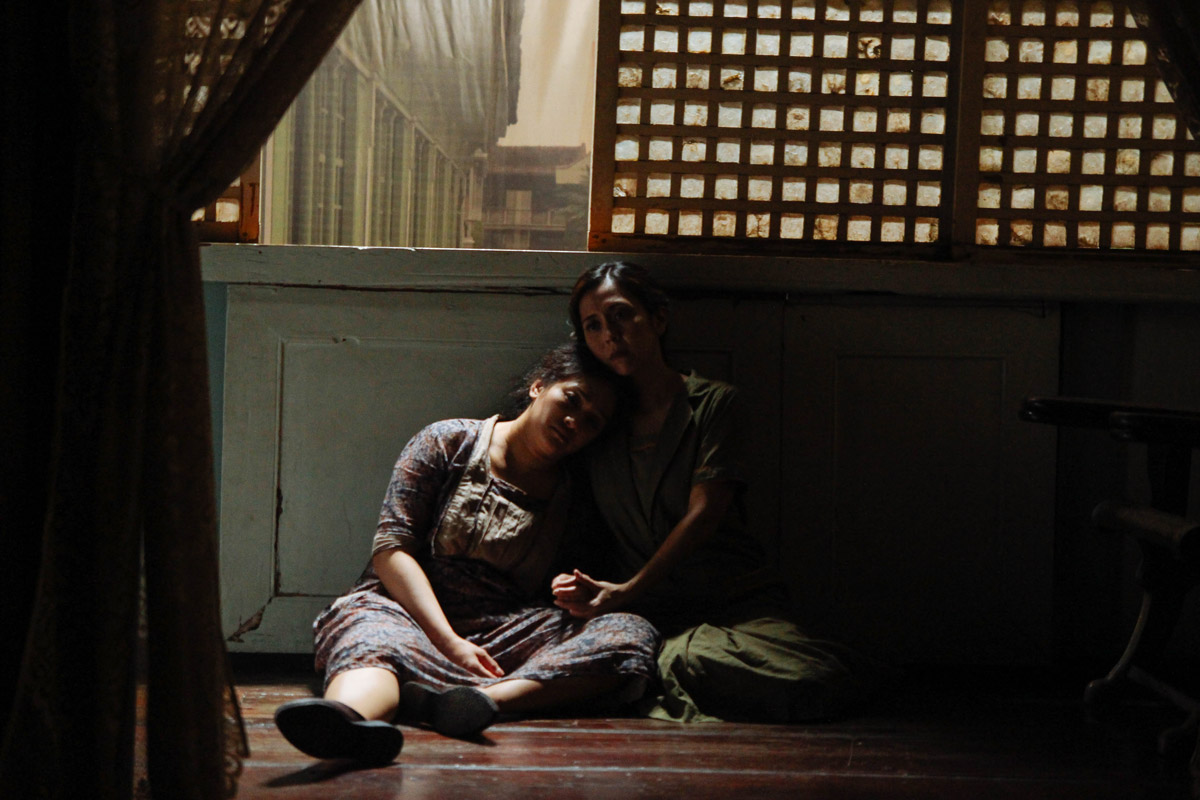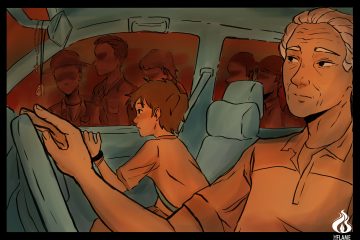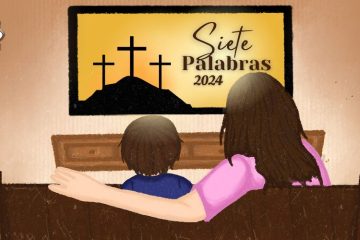
TO HAVE progress, there must be motion. However, the same can be said for regress, and so it seems that there is but a fine line between running away and moving forward. The key to distinguishing which from which is one’s relationship with his/her history. Through an audio-visual love letter to the Filipinos, the Obie Award winner and director Loy Arcenas echoes the significance of heritage, culture, and the arts to one’s life and their push-pull relationship with one’s growth and decline both as a nation and as an individual in his 2017 Metro Manila Film Festival Entry Ang Larawan—a musical theatric play based on National Artist for Literature Nick Joaquin’s three-act English play “A Portrait of the Artist as Filipino.”
Set in a period before the outbreak of the Second World War during the American colonial period in the Philippines, Ang Larawan simulates an epoch of cultural transition in which the values left by the Spaniards to the Filipinos are to cross and sometimes contradict with the values introduced by the Americans. Through the characters of Candida Marasigan (Joanna Ampil) and Paula Marasigan (Rachel Alejandro), tastefully portrayed is the tension between the commerce and the arts which is ever existing even in present time.
Composed by an ensemble gifted with a knack for artistic expression, Ang Larawan exceeds being just a film with astounding visual and auditory appeal. More than that, it succeeds in appealing to the core of one’s being, of challenging one’s current ideals and injecting new—or rather reinjecting old ones which vibrancy had faded over the passage of time. It orients its viewers with his/her relationship with one’s history. Through the development of Paula and Candida’s characters and the effect of their growth to the characters which exist around and in relation to them, the viewers are taught that what draws the line between progress and regress is one’s relationship with one’s personal and general history—that to run away is to renounce and deny one’s history while to move forward is to embrace and learn from it.
Together—the cast, the production team, the scores, the cinematography and the storytelling—create a poetic harmony which charm can be likened to that of the enchanting voice of the Adarna bird, a mythical creature from a Philippine epic, written during the Spanish colonial period. As the singing of the Ibong Adarna was able to restore the good health of the beloved King Fernando of Berbania, Ang Larawan restores the muddled traditions and ailing national identity of the Filipinos, reduced to a vegetative state after being buried under the rubbles by the Second World War. F



